 On any given day, you can find Dr. Cheryl Holder engaged in a lively conversation at Miami Carol City High School, discussing what concerns her most—health issues that disparately affect communities of color.
On any given day, you can find Dr. Cheryl Holder engaged in a lively conversation at Miami Carol City High School, discussing what concerns her most—health issues that disparately affect communities of color.
One key health issue in the African-American community is obesity. African-American women have the highest rates of obesity, said Holder, 50, of Pembroke Pines, who currently serves as an internal adolescent medicine specialist for Jackson Health Systems’ school-based health centers. She also is an HIV/AIDS specialist there.
Kids often associate womens’ obesity in their communities with “laziness,” Holder recently told the South Florida Times, adding that when you begin to look at other environmental issues, they gain a greater understanding.
“Communities have no sidewalks,” she explained, which can translate into lower physical activity.
Food options in some African-American communities are limited, she said, adding, “Look at food options in other communities.”
For her efforts to help the black community, Holder will be honored at a black-tie event on Friday, March 27 as one of South Florida’s 50 Most Powerful Black Professionals of 2008.
The event is sponsored by Success South Florida magazine, a bi-monthly business and news publication that serves South Florida’s professional community.
Proceeds from the event will benefit The Diamond Empowerment Fund. The non-profit international organization seeks to raise money in support of educational initiatives for disadvantaged people in African nations where diamonds are a natural resource.
Dexter Bridgeman, publisher of Success South Florida, said, “Cheryl Holder is an exceptional person,’’ adding that she received the honor “based on her credentials professionally and on what she’s doing on a civic basis. She’s someone who always wanted to give back.’’
Bridgeman explained that 152 people were nominated in an intensive process for the honor.
“We sent out nomination forms to people of influence, corporations and organizations throughout Miami-Dade, Broward and Palm Beach,’’ Bridgeman said, adding that nomination forms require an essay of at least 100 words.
Then, a committee of three people – which does not include Bridgeman – makes the final selections, he said.
“Some time and some effort went into the nominations,’’ he said. “It’s not just willy-nilly. It’s not based on popularity. It’s based on an individual’s professional accomplishments and the community accomplishments.’’
MAKING A DIFFERENCE
Holder said she believes firmly in the primary care approach to medicine.
“It ties everything together,” she said. “You can affect true change because you’re working with the whole person—social psychological factors affecting their health outcomes” and perception that leads to how they deal with medical problems.
“You’re not going to get well just by going to a doctor, and getting a pill,” she said.
Florida International University College of Medicine will open its doors to its first class of medical students in fall of 2009. The college’s innovative Neighborhood HELP—Health Education Learning Program—has benefited from Holder’s role in assisting with the development of the community-based curriculum.
John Rock, M.D., founding dean of the medical college and senior vice president for medical affairs at FIU, described Holder’s contributions in developing the unique program this way: “Very important in outlining the challenges and helping us frame the issues that would be important in implementing the program.”
Rock, who has known Holder for two years since coming to FIU, credits Holder with “embedding the curriculum in the community and adopting the neighborhoods” in which the medical students will work.
According to the college’s website, the program is designed to revolutionize how medical students are taught. During the four years of medical school—opposed to a short rotation as in other medical schools—the FIU approach will team medical students with other students from various disciplines to address quality-of-life issues for the most vulnerable, underserved communities in the region.
“Hopefully, it is the culmination of what I believe medicine should be,” said Holder, who earned her bachelor’s degree in Psychology from Princeton University in 1980. “This is the paradigm shift American medicine needs.”
“If we start out disease-focused, you end up with what we have right now,” said Holder, pointing out that even though the country spends a lot of money on health care, people are still sick.
“We want a different outcome,” she said. “Re-orient training to get community and patient focus in the beginning. Understand the mechanisms that lead to the problem, then you can affect real change.’’
Holder is president of the local chapter of the National Medical Association which, in collaboration with the Association of Haitian Physicians Abroad, plans to donate $10,000 per year for the next five years to the FIU medical school.
Holder, who served as the medical director of the North Dade Health Center in Opa-locka for 19 years—January 1990 to September 2008—has known she wanted to combine her love of math, science and health care with the community since the age of 14. That’s when she earned the opportunity to help in health centers through a pre-med research education program offered by her high school.
In South Jamaica Queens, Holder said, she saw the first black woman running health centers.
“I helped with [hypertension] screening,” she said. “It introduced me to the concept of being in the community.”
Earning her medical degree at George Washington University School of Medicine in 1984, Holder completed her residency at Harlem Hospital in New York in 1987.
To assist with the expense of her medical training, she applied and was awarded a National Health Service Corps scholarship—a competitive scholarship to assist “students committed to proving primary care in communities of greatest need,” according to the organization’s website.
In exchange for payment of tuition, fees and a monthly stipend, Holder was required to serve four years of service to the National Health Service Corp.
“I had a choice between Miami and Leavenworth (the federal prison in Kansas),” said the Kingston, Jamaica native. “It wasn’t too difficult of a choice.’’
Tremene@Aol.com
Photo by Elgin Jones/SFT Staff. Dr. Cheryl Holder

IF YOU GO:
WHAT: Success South Florida’s 50 Most Powerful Black Professionals of 2008.
WHEN: Friday, March 27, 2009 from 6 to 9 p.m.
WHERE: J.R. Dunn Jewelers in the Bank of America building, 401 E. Las Olas Blvd., Fort Lauderdale.
COST: $25. Silent auction and raffle items will be available. Proceeds from the evening will be donated to The Diamond Empowerment Fund.
CONTACT: For more information, call 954-463-1799 or log onto www.diamondempowerment.org. You can also log onto Success South Florida magazine at www.ssfla.com.

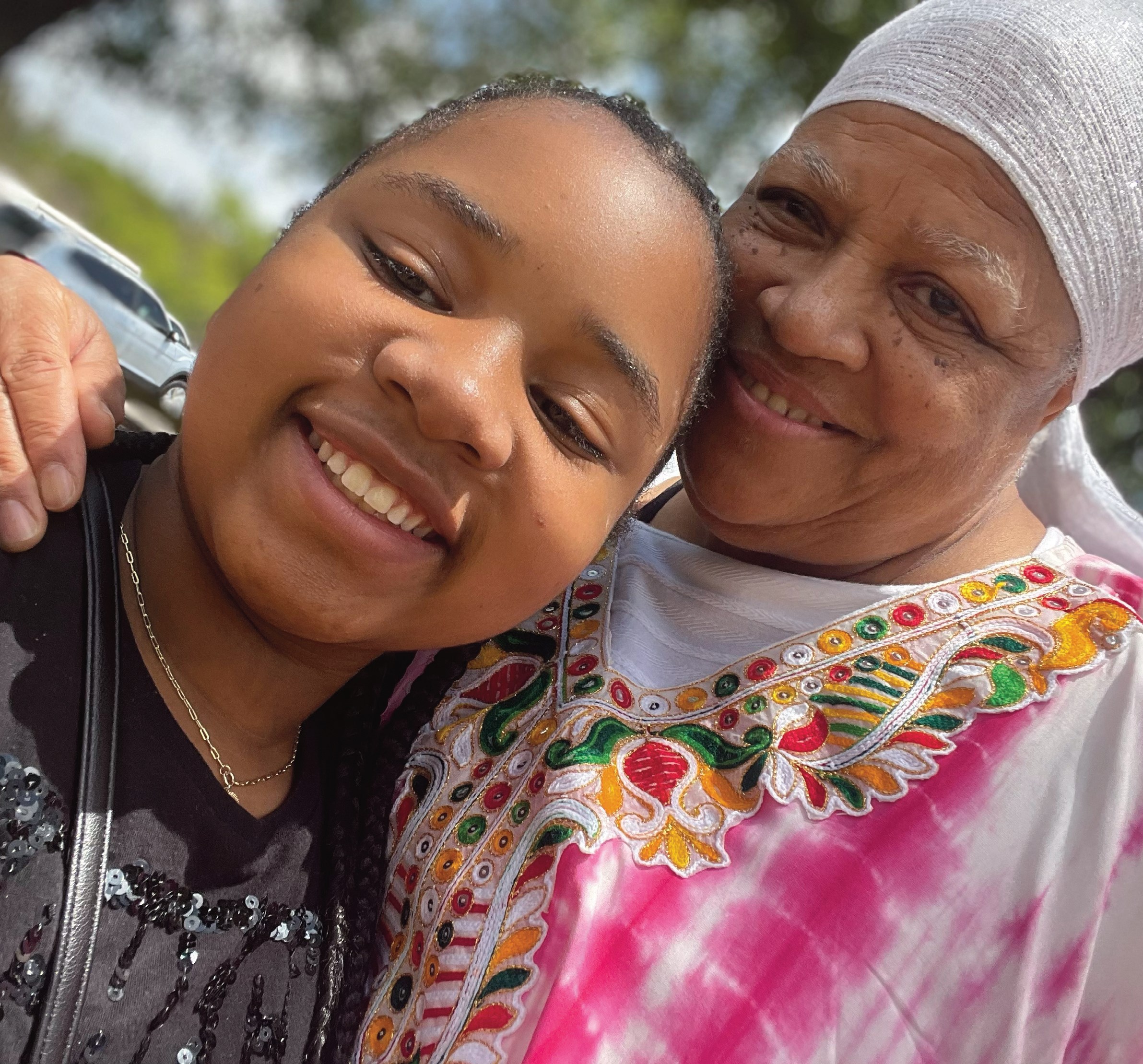


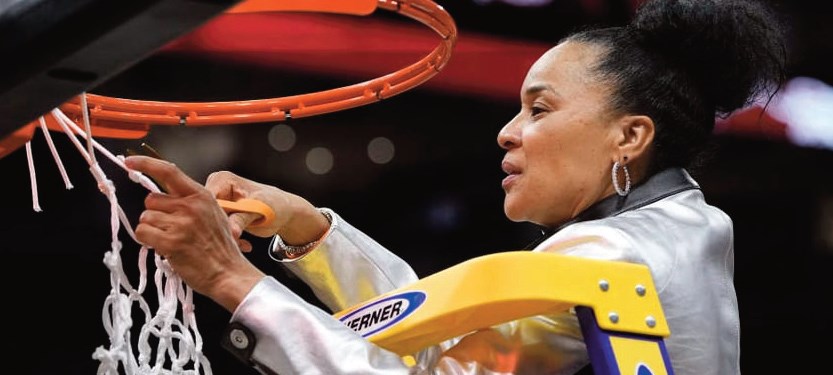

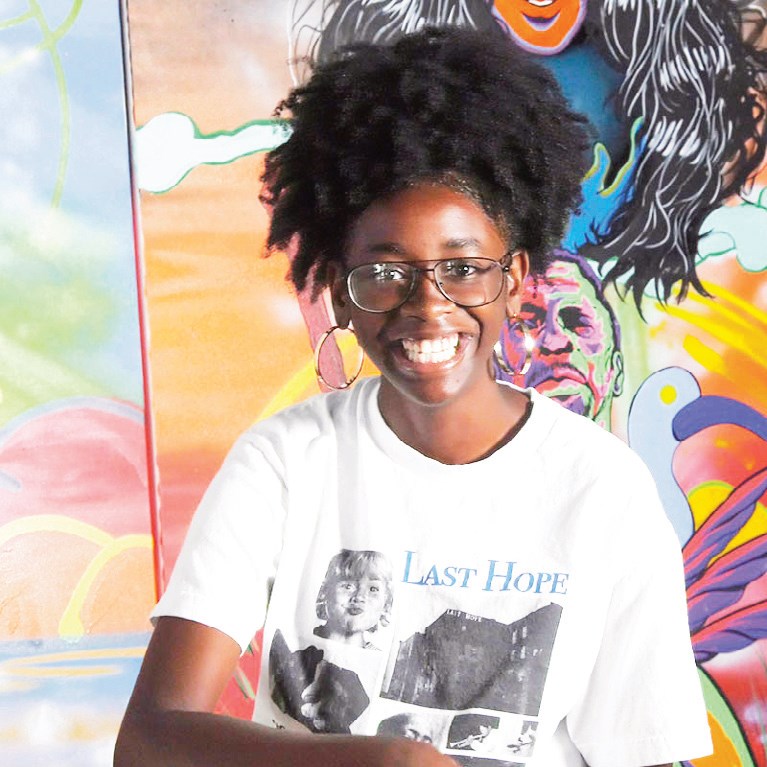
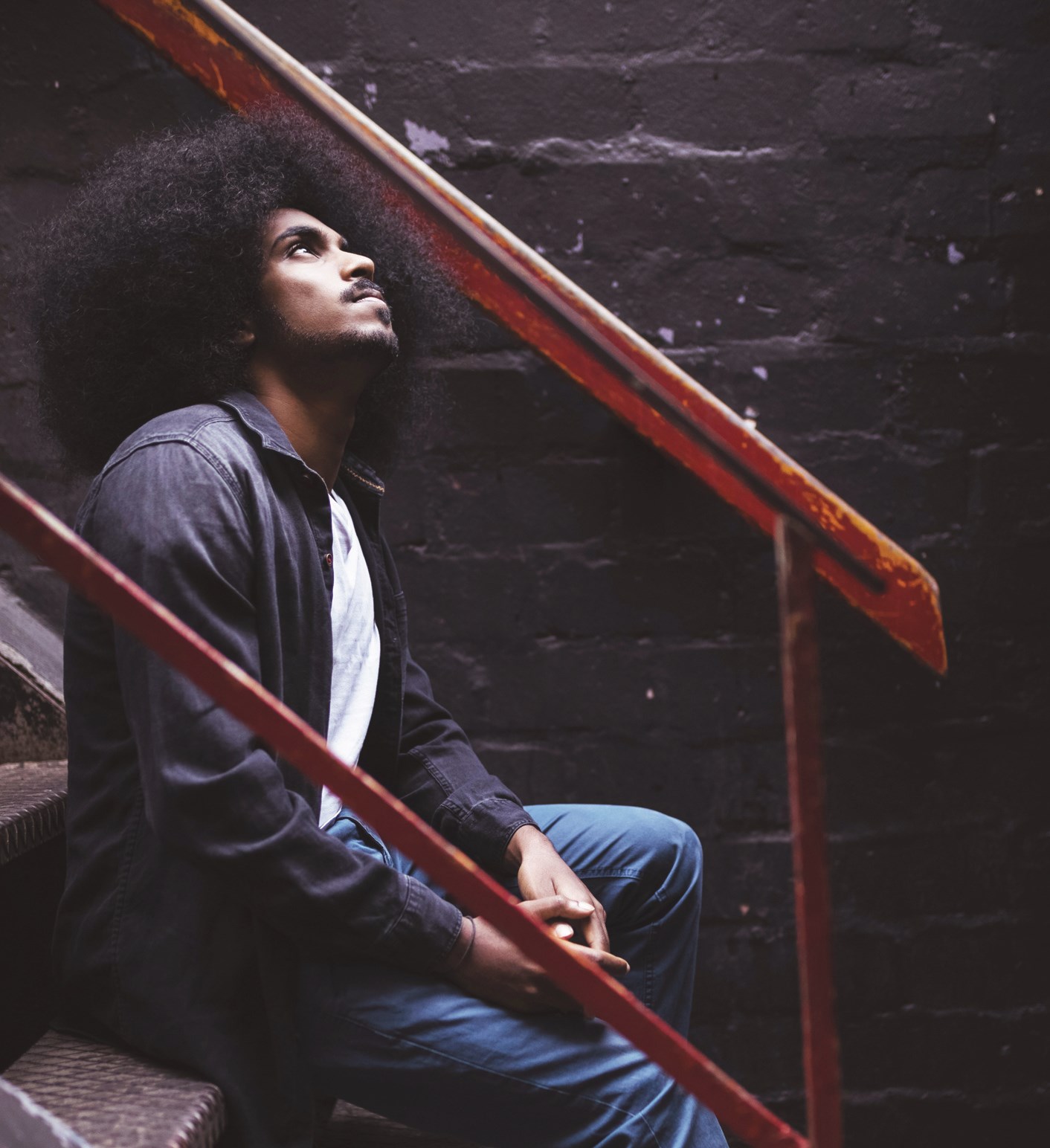
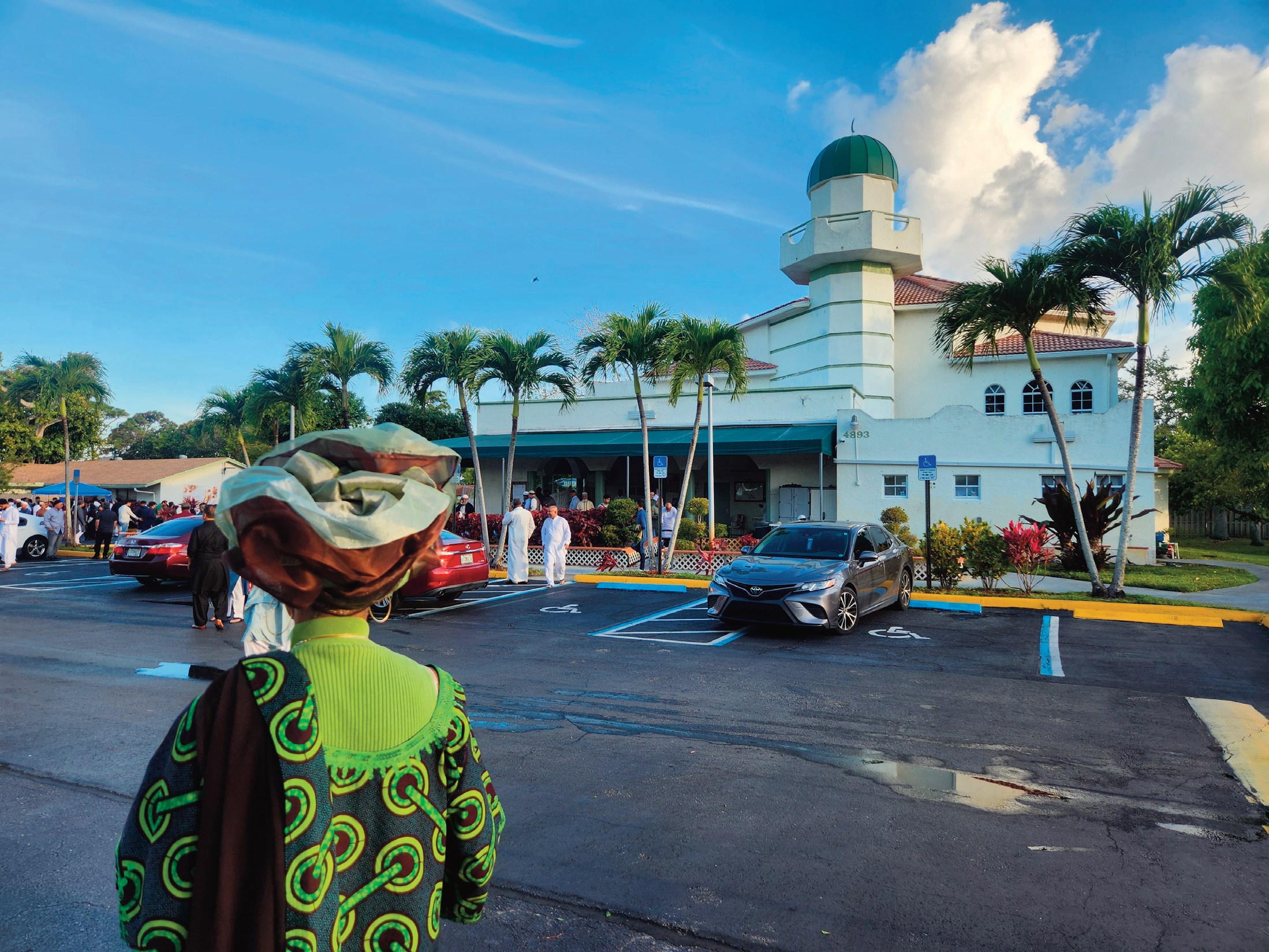



No Comment